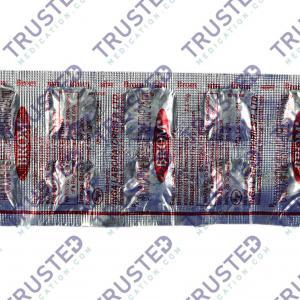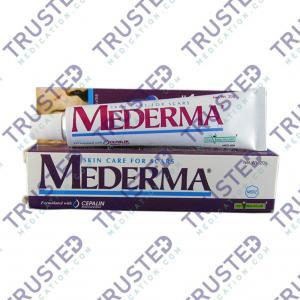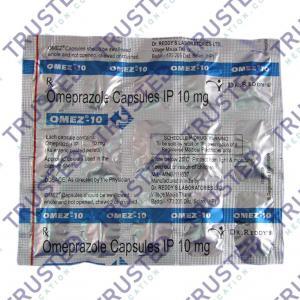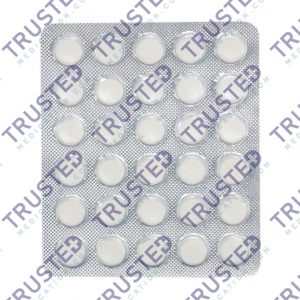
Chronic back pain is a prevalent condition that can significantly impact an individual’s quality of life. It is defined as persistent pain in the back that lasts for 12 weeks or longer. It can range from dull, achy discomfort to shooting sharp pain. It may also be accompanied by muscle spasms, stiffness, and limited mobility. Chronic back pain can affect individuals of all ages and is often associated with underlying medical conditions or lifestyle factors.
Common Causes of Chronic Back Pain
There are several common causes of chronic back pain. One of the most common causes is arthritis. This condition causes inflammation in the joints, which can lead to pain and stiffness in the back. Other common causes include:
· Degenerative disc disease: Wear and tear on the spinal discs over time can lead to degenerative changes. Thus, resulting in chronic pain and stiffness.
· Osteoarthritis: Degeneration of the cartilage in the spine can lead to osteoarthritis, a condition characterized by chronic inflammation and pain in the joints.
· Sciatica: Compression of the sciatic nerve, often caused by a herniated disc or bone spur, can cause chronic pain that radiates from the lower back down the leg.
· Muscle Deconditioning: It occurs when the back muscles lack strength and stability, leading to wear and tear over time.
· Improper Posture: It can strain the spine and surrounding soft tissue.
· Genetics and Aging: Natural aging processes can contribute to chronic back pain as muscle strength decreases and spinal disc space narrows over time.
· Traumatic Events: High-impact events like car accidents or falls can accelerate spine aging and trigger chronic pain.
· Overuse and Repetition of Everyday Activities: These include prolonged sitting, repetitive motion, or lifting heavy objects, which can strain the back and lead to chronic pain.
Treatment Options for Chronic Backpain
The treatment of chronic back pain depends on the underlying cause and severity of the symptoms. Common treatment options include:
1. Pain medication: Over-the-counter or prescription medications such as nonsteroidal anti-inflammatory drugs (NSAIDs), muscle relaxants, or opioids may provide temporary relief from chronic back pain.
2. Physical therapy: Stretching techniques and targeted exercises prescribed by a physical therapist can help strengthen the muscles at the back. It also helps improve flexibility and ease pain.
3. Spinal injections: Corticosteroid injections administered directly into the spine can help reduce inflammation and provide temporary pain relief for individuals with chronic back pain.
4. Chiropractic care: Spinal manipulation and adjustments performed by a qualified chiropractor can help alleviate chronic back pain and improve spinal alignment.
5. Acupuncture: Traditional Chinese medicine techniques such as acupuncture may help relieve chronic back pain by stimulating specific points on the body and promoting natural pain relief mechanisms.
6. Surgery: In severe cases of chronic back pain that do not respond to conservative treatments, surgical interventions such as discectomy, laminectomy, or spinal fusion may be recommended to address underlying structural issues and alleviate pain.
Lifestyle Strategies for Managing Chronic Back Pain
1. Maintain a healthy weight: Excess weight strains the spine, worsening chronic back pain. A balanced diet and regular exercise can help achieve and maintain a healthy weight.
2. Practice good posture: Proper posture while sitting, standing, and lifting reduces back strain and prevents chronic pain.
3. Engage in regular exercise: Low-impact activities like walking, swimming, or yoga strengthen back muscles, improve flexibility, and ease chronic pain.
4. Use ergonomic furniture: Invest in ergonomic chairs, desks, and furniture to support spinal alignment and prevent chronic back pain.
5. Manage stress: Chronic stress contributes to muscle tension and worsens back pain. Relaxation techniques such as deep breathing or meditation can reduce stress levels and alleviate pain.
6. Ensure adequate rest: Sufficient sleep and supportive mattresses and pillows promote healing and help manage chronic back pain.
7. Avoid tobacco and alcohol: Smoking and excessive alcohol intake impede blood flow to the spine and hinder healing, aggravating chronic back pain.
Chronic back pain greatly affects the quality of life. Understanding its causes and exploring treatment options can help alleviate symptoms. Collaborating with healthcare providers and adopting healthy habits empowers individuals to manage pain and regain control of their lives.









